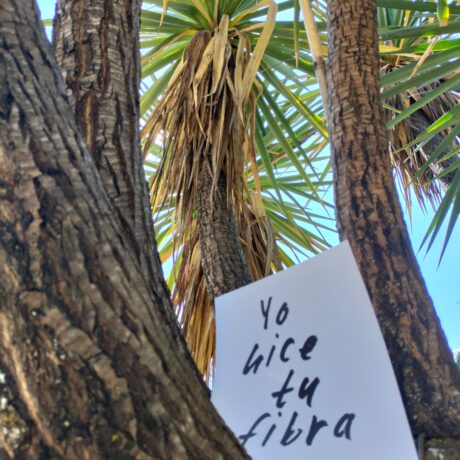HandMade Water: Cleaning Fashion Industry Wastewater
Are the brands you buy or the brands you work to build ethical and environment friendly? How confident are you of your fiber to fashion supply chain. What about water? Critical in production, water must be part of planning a better future. Today fashion is polluting rivers with chemicals and dyes, but fashion can be a force for change.
In Nepal HandMade Water is pioneering the purification of wastewater generated by dye houses that produce the colorful yarns used in hand knit hats, sweaters, gloves, leg warmers and accessories.
In many artisan communities around the world, the process of dyeing fibers is an age old tradition. What began thousands of years ago as a fairly benign activity using leaves, berries, roots and other natural materials has evolved into a chemical process that puts both artisans and their environment at risk.
Artisans often buy chemical dyes of questionable quality from merchants who offer little instruction regarding proper handling or disposal. They rarely wear gloves or masks when handling dangerous dye powders and once fibers are the desired hue, dye pot wastewater is dumped untreated contaminating rivers and ground water sources.
Fashion Revolution Day in Nepal
On April 24, in remembrance of the Rana Plaza disaster in neighboring Bangladesh, HandMade Water and client partner Kumbeshwar Technical School will host an open house at the school to focus attention on the dye wastewater problem and to demonstrate the innovative solution they are using in their production house.
The aim is to highlight the critical need for wastewater treatment in the fashion industry, not only in Nepal, but globally. And to show the fashion world can play a key role in driving wastewater treatment. When the fashion industry demands safe, environmentally friendly practices along the entire supply chain, artisan dyers, regardless of size and profit margin, will be responsive. Fashion-lovers with a conscience are a powerful force for positive change. If we seek out and build brands that clean wastewater, dumping textile chemicals into waterways will stop.
The Partners
Kumbeshwar Technical School is a self-sustaining non-profit, Fair Trade NGO providing education and vocational training for disadvantaged people in Nepal. Established in 1983 to help a low caste community learn new marketable skills in weaving and carpentry, KTS has grown to include a daycare, orphanage, primary and vocational schools. It is also a trading center for over 3,000 artisan producers across the country. KTS supports production and markets handmade carpets, knit garments and accessories for these artisans internationally. KTS is also partnering with HandMade Water to pilot, test and now showcase an appropriate wastewater treatment technology for the handicraft and textile industry.
HandMade Water is helping dyers treat toxic wastewater at an affordable price using locally available materials, products and labor. HandMade Water has both a private company offering design, installation and maintenance contracts, as well as a non-profit arm engaged in research and development under the umbrella of the Guthi Organization, a Nepali NGO focused on water issues.
The Solution
HandMade Water provides a low cost, low tech wastewater filtration system for small and medium scale factories engaged in both fabric and paper dyeing. Simple to understand and operate, the system can be adapted to various environments and site conditions. It is portable, easily dismantled and moved. An innovative bio-sand filter system, it can be scaled to match current production needs and expanded to purify between 1,000 to 10,000 liters of wastewater per day to Nepali EPA standards.
What Needs To Happen
- Artisans need opportunities to learn safe dye handling procedures
- Communities need opportunities to learn side effects of the wastewater on their ecosystem and their health.
- Wastewater from the dyeing process, and other water-based artisan processes, needs to be treated after use to render it safe.










